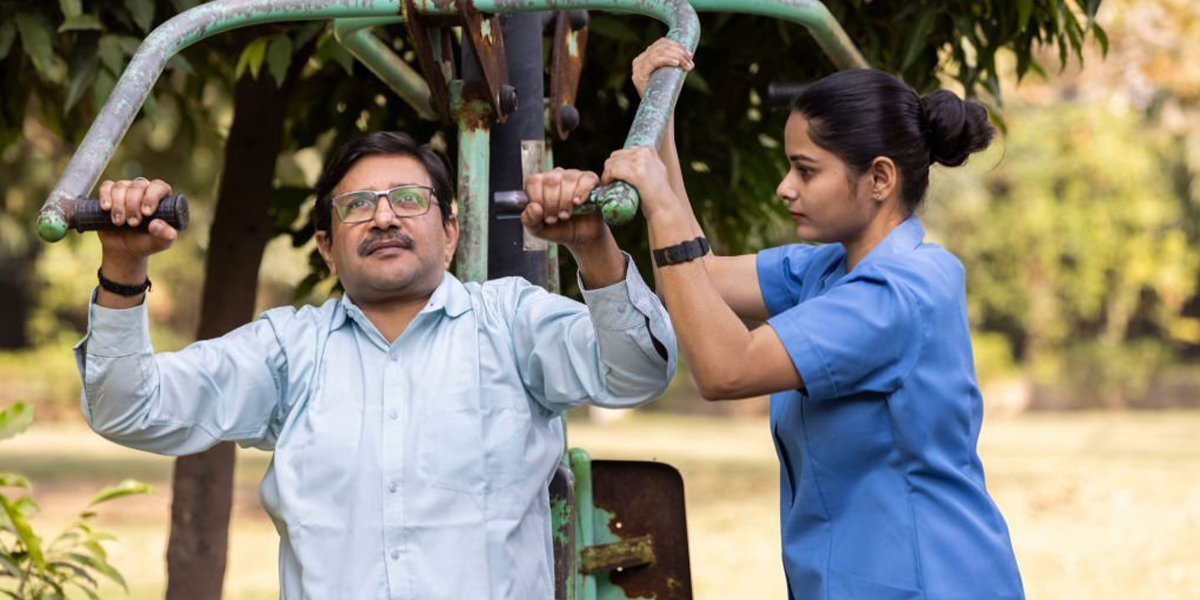Top 5 Rehabilitation Techniques to Reclaim Your Strength and Flexibility

Rehabilitation as defined by the World Health Organisation (WHO) refers to a set of interventions planned to optimise functioning and lower disability in individuals with health ailments. Engaging in rehabilitation techniques helps the individual to become independent as possible in executing their daily activities. It also helps them to participate effectively in work and recreation activities. Improvements in physical health also improve one’s mental wellness. Although there is an increase in the life expectancy of humans, people live longer with chronic health diseases. This in turn shoots up the need for rehabilitation centres and therapies. The global need for rehabilitation is on the rise but stays unmet due to several reasons. Older adults can benefit greatly by administering the right rehabilitation procedures. Strength and Flexibility are two vital factors affected by aging. Older adults will need more strength to perform simple tasks like getting up from a c...

.jpg)